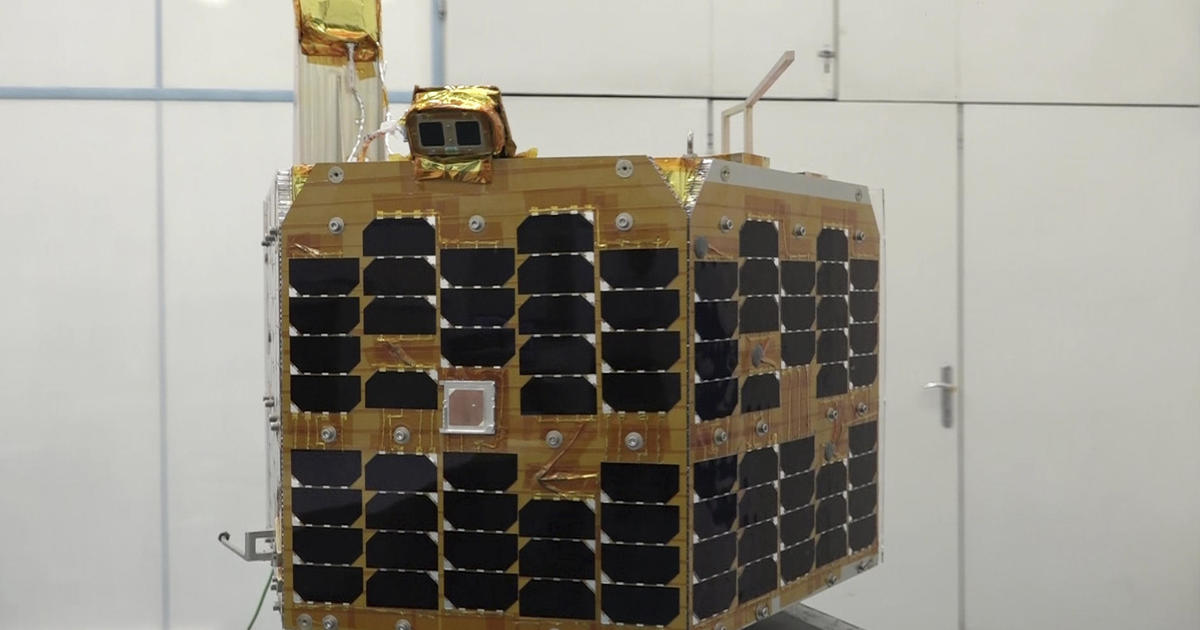
Concerns Escalate over Potential Iran-Russia Nuclear Deal Amidst Growing Tensions
Recent talks between UK Prime Minister Keir Starmer and U.S. President Joe Biden have intensified global concerns over the possibility of a nuclear agreement between Russia and Iran. During their meeting in Washington, the leaders expressed alarm over the deepening military ties between the two countries, particularly the exchange of ballistic missiles for nuclear technology. Western intelligence has indicated that Iran, already in possession of highly enriched uranium, may be accelerating its progress toward building a nuclear weapon with help from Russian expertise.
This evolving relationship between Tehran and Moscow is seen as a major threat, not just in the context of Ukraine, but also in the broader geopolitical landscape. Iran’s ballistic missile supply to Russia is reportedly intended for use against Ukrainian targets, and experts fear the technology Iran might receive in return could significantly hasten its nuclear ambitions. Iran, however, continues to deny that it is seeking to build nuclear weapons, despite evidence suggesting otherwise.
Also Read:- Matthew Perry's Tragic Addiction Exposed in New TMZ Documentary
- Jean Smart Wins 2024 Emmy for Lead Actress in "Hacks" and Pokes Fun at HBO Max
For the U.S. and the UK, this potential exchange between Iran and Russia represents a significant shift in global power dynamics. Both countries, alongside their NATO allies, have long been concerned about Iran’s growing stockpile of enriched uranium, which could soon be weaponized. The implications of such a development would be far-reaching, further destabilizing an already volatile Middle East. This concern is magnified by Iran’s alliance with groups like Hezbollah and Hamas, which oppose Western influence and are hostile to Israel.
As the war in Ukraine continues, Iran’s provision of drones and missiles to Russia has added a new layer of complexity. Both nations, though not historically allies, have formed a strategic partnership united by their opposition to Western interests. This "axis of upheaval," which also includes China and North Korea, is reminiscent of Cold War tensions, with state competition once again taking center stage in global affairs.
In response, the West has been reassessing its stance. Ukraine may soon be allowed to use advanced long-range missiles supplied by the UK and U.S. to target Russian military infrastructure, marking a significant escalation in the conflict. As diplomatic tensions rise, the international community will be closely watching for any concrete developments in this potentially destabilizing Iran-Russia nuclear deal.
Read More:

0 Comments